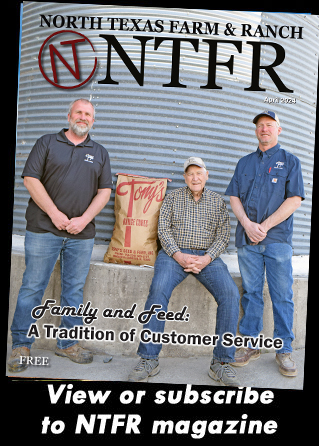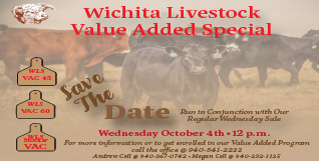Farm & Ranch
[AgriLife Today] It’s prime time to plant fruit trees
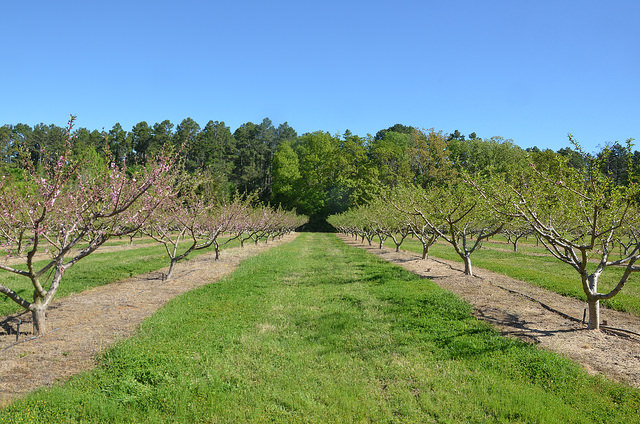
By: Adam Russell
- Writer: Adam Russell, 903-834-6191, [email protected]
- Contact: Dr. Larry Stein, 830-278-9151, [email protected]
UVALDE – Fruit tree lovers should plant sooner rather than later, said Dr. Larry Stein, Texas A&M AgriLife Extension Service horticulturist, Uvalde.
“Right now is the prime time to plant and get the roots established before springtime,” he said. “The sooner the better.”
Stein said it’s important for growers and homeowners who want to plant a stand of fruit trees to contact local AgriLife Extension horticulture agents to learn about recommended varieties for the area.
“Chilling requirements are a main factor,” he said. “Trees you would grow in San Antonio you wouldn’t grow in Dallas because they would bloom way too early and then the fruit would probably freeze.”
Properly chosen varieties will produce higher quality fruit as well as show better disease resistance and taste, Stein said.
Stein said the 2017 season could be a challenge for fruit growers if chill hours continue to be limited due to the unexpected warmer-than-average winter.
“If you don’t get enough cool weather the trees struggle to break dormancy and bloom,” he said. “And a lot of times if they do bloom under those conditions the fruit will abort.”
Peaches are the No. 1 fruit tree in Texas, Stein said. Producers have variety options available for all regions of the state.
Stein said the key to planting peaches starts at a reputable nursery that handle and heel trees, which is covering plant roots temporarily in preparation of permanent planting, properly. He also recommends planting bare-root trees, but cautions the roots can freeze or dry out if the trees are not handled properly.
They should also be planted in soil that drains well, he noted.
Heavy rains can kill peach trees if there is standing water around them, even for just a day in the middle of summer, he said. Stein said heavy spring and late summer rains cause problems in some areas due to inadequate drainage.
Beyond proper chilling hours and soil drainage, Stein said keep weeds and grass away from fruit trees as well.
“If you don’t do any more than that, you will be amazed at how well the trees will grow,” he said.
Plums are good supplemental fruit trees for peach growers because they require many of the same conditions, Stein said. Apricots are another popular choice that require similar growing conditions, but they are inconsistent performers.
Blackberries are a low-maintenance fruit plant that is very popular in Texas, Stein said.
One decision for growers who are planting blackberries is whether to go with plants that are thornless or have thorns, he said.
“Thorny have the best quality fruit and size and best overall production, but they are a challenge to harvest,” he said.
Pears are a long-living fruit tree alternative, Stein said. The key is selecting the right variety.
Stein said to watch out for signs of fire blight in pears, which is a bacterial disease spread by bees as they pollinate. Growers should choose blight-resistant varieties or be prepared to watch their trees die.
In Texas, apples are a challenge for commercial growers because of cotton root rot, and they don’t develop the red color that is popular at market because nighttime temperatures are too high.
“But if you don’t mind that, the fruit taste is very sweet,” he said.
Stein said most of the state has experienced good weather and that soil moisture conditions are at optimal levels for planting.
“Conditions are right for planting,” he said. “You should expect 100 percent success if you plant now.”
-30-
Find more stories, photos, videos and audio at http://today.agrilife.org
Farm & Ranch
Hazards of Backyard Poultry
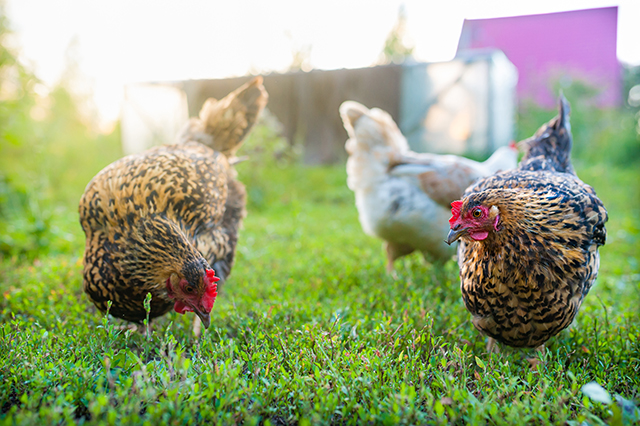
By Barry Whitworth, DVM
Having backyard poultry is a popular agriculture enterprise. According to the United States Department of Agriculture, 0.8 percent of all households in the United States have chickens. People keep chickens for a variety of reasons with table eggs being one of the more common reasons.
Unfortunately, some of these poultry producers are not aware of the hazards that come with keeping poultry because many times they carry pathogens but appear healthy.
Chickens are carriers of several zoonotic diseases. These are diseases that can be passed from animals to humans. According to a recent survey in Pennsylvania, a majority of backyard poultry producers were aware of the dangers of avian influenza. However, this study also revealed that far fewer producers were aware of the risk of possible exposure to Salmonella and Campylobacter.
The lack of knowledge about the hazards of raising poultry likely contributes to the continued issues of Salmonella outbreaks associated with backyard poultry. In 2023, the Centers for Disease Control and Prevention reported 1,072 illnesses of Salmonella linked to backyard poultry, and 272 of those patients required hospitalization. Oklahoma reported 43 individuals with the disease.
To read more, pick up a copy of the April issue of NTFR magazine. To subscribe by mail, call 940-872-5922.
Farm & Ranch
Ag Elsewhere: Wyoming
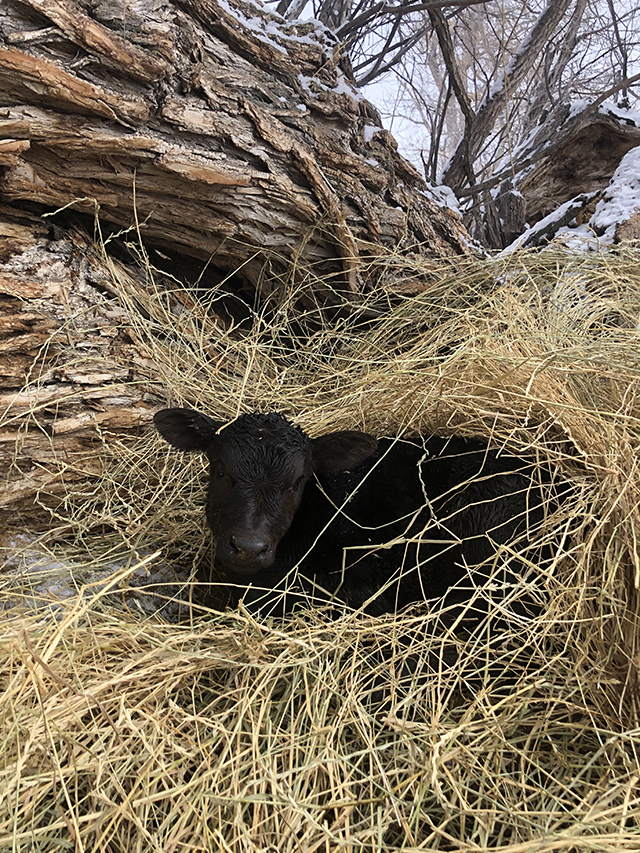
By Tressa Lawrence
Babies are tucked away in every nook and cranny. Many ranchers across Wyoming have baby animals popping up all over this time of year.
Farm & Ranch
Ag Elsewhere: Montana
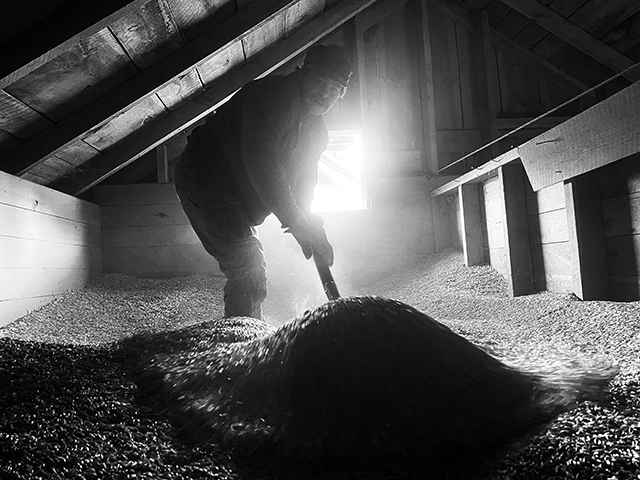
By Lindsey Monk
Another load of grain in to keep feeding the calves until the green grass can really start popping.
-

 Country Lifestyles1 year ago
Country Lifestyles1 year agoScott & Stacey Schumacher: A Growth Mindset
-

 Equine7 months ago
Equine7 months agoThe Will to Win
-

 Country Lifestyles7 years ago
Country Lifestyles7 years agoStyle Your Profile – What your style cowboy hat says about you and new trends in 2017
-

 Country Lifestyles4 years ago
Country Lifestyles4 years agoAmber Crawford, Breakaway Roper
-

 HOME7 years ago
HOME7 years agoGrazing North Texas – Wilman Lovegrass
-

 Country Lifestyles7 years ago
Country Lifestyles7 years agoDecember 2016 Profile, Rusty Riddle – The Riddle Way
-

 Country Lifestyles8 years ago
Country Lifestyles8 years agoJune 2016 Profile – The man behind the mic: Bob Tallman
-

 Outdoor9 years ago
Outdoor9 years agoButtercup or Primrose?

